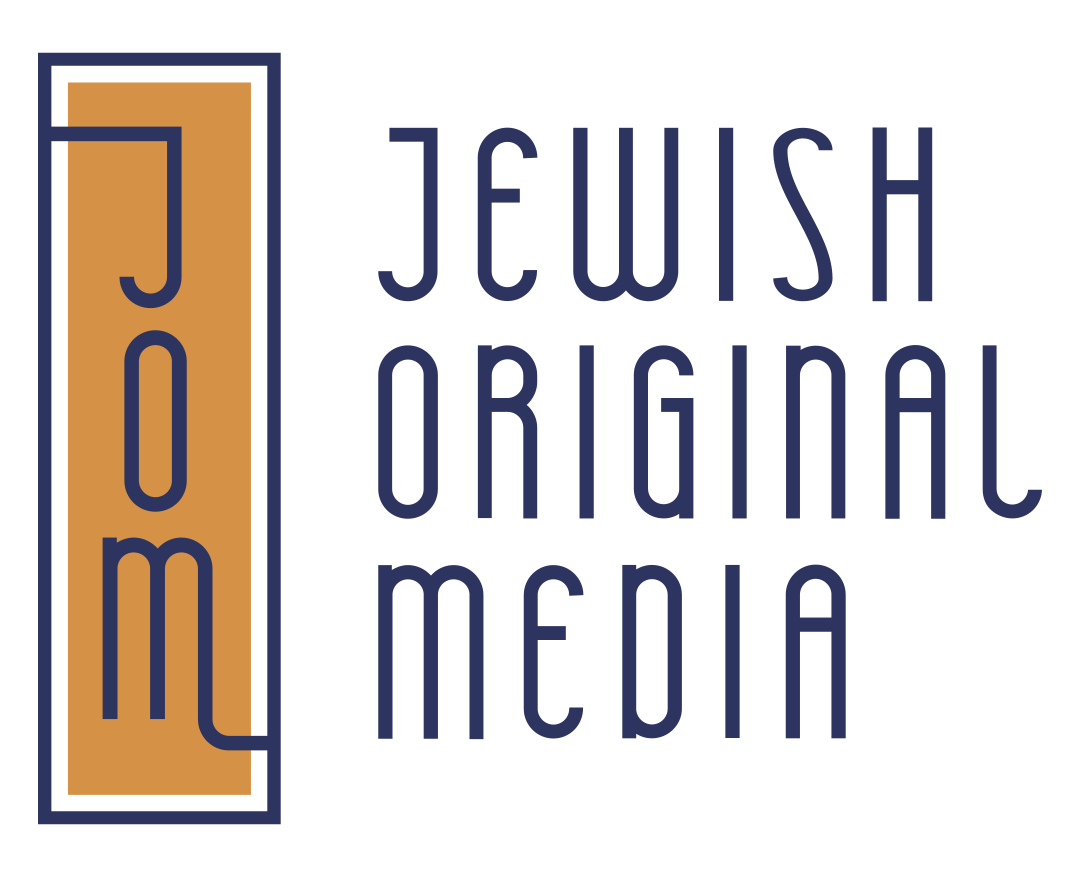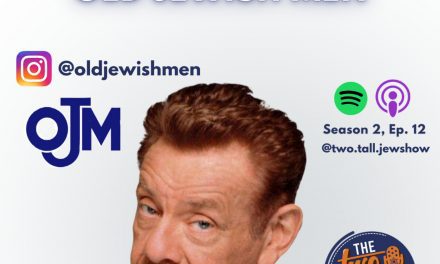…וּתְשׁוּבָה וּתְפִלָּה וּצְדָקָה מַעֲבִירִין אֶת רֹעַ הַגְּזֵרָה.
…U-teshuvah u-tefillah u-tzedakah ma’avirin et roa hagezerah
Penitence, prayer and charity can avert the evil decree.
We read this prayer during the Rosh Hashana prayers and nearly every siddur mistranslates them. At the same time, many people (including myself) are often scared by the passage as a whole and this phrase comes as almost a “happy ending“.
Does this phrase imply that we make our own destiny by simply doing these 3 actions? More importantly, these translations are highly inaccurate, so what are they?
I doodled this drawing above on this notecard on Rosh Hashana of last year. The circles these words lie in represent their presence in eternity and their interconnectedness within us.
Teshuva, Teffilah, Tzedakah.
3 actions that bring us closer to our Source. 3 paths that illuminate our year and day to day life. 3 goals that lead to a more meaningful life.
Teshuva – Return
The root of the word “Teshuva” is to “return” while “repentance” is “charatah” – they are not the same word.
Repentance implies a sense of guilt and our decision to “become new people” – but Teshuva is not about becoming a new person. Teshuva is about returning to become the person you always were (or at least meant to be)
“Underlying the concept of Teshuvah is the fact that the Jew is, in essence, good. Desires or temptations may deflect us temporarily from being ourselves, being true to our essence…
But the bad that one does is not part of, nor does it affect, our real nature.
Teshuvah is a return to the self.
While repentance involves dismissing the past and starting anew, Teshuvah means going back to one’s roots in G‑d and exposing them as one’s true character.”
Tefillah – Attachment
“Prayer” in Hebrew in the context of “Tefillah” means, to attach oneself.
When one is just asking for things to be provided, he “requests”. That’s only half of what prayer is about in the Jewish sense.
Tefillah is about connecting to God. Man reaching for a relationship attached to the Creator. Our heavenly souls reside inside a body and mind that is pre-occupied with material needs…
Don’t get me wrong, material needs are a part of our essence and they should not be ignored – rather because they are a part of who we are, they can sometimes lead us to forget their Source.
In order to strengthen and renew that connection to the Source in the aim of gratitude, we have Tefillah – an act of attachment through speech.
Tzedakah – Righteousness / Justice
The root of the word for Tzedakah is “Tzedek” – “Righteousness / Justice” – the act of giving (money and/or time) out of a duty rather than a virtue.
Our possessions are all gifts from the Almighty – the understanding being that from what we are given, a portion is set aside to help those in need just like we are constantly helped in our need.
We are commanded to act on to others as God Acts towards us – with everlasting kindness…
We ask for blessings to develop that connection from a Source that owes us nothing and is under no obligation to do anything. And yet, we still receive everything – every second we are alive.
All that is given to us is out of pure kindness / righteousness. In return, we are obligated to help those who are not in our debt (even more).
3 Paths ~ Actions
Thus, when we revisit these three actions “Teshuva, Teffilah, Tzedakah” as the paths/actions towards being “written and sealed” for good – we begin to see how we become partners with God in our own destiny while ensuring a life of meaning and completeness.
We return to our natural self (Teshuva) by attaching and connecting directly with the Source (Tefillah) and the blessings that we receive are distributed in righteousness (Tzedakah).
We bring this energy into the 10 days of Teshuva culminating with Yom Kippur and launching us into a year of sweetness, wholeness,
and plenty.
Shana Tova U’metukah!
Which of these 3 paths do you want to focus on this year?
Source: https://www.chabad.org/library/article_cdo/aid/4453/jewish/Teshuvah-Tefilla-and-Tzedakah.htm












